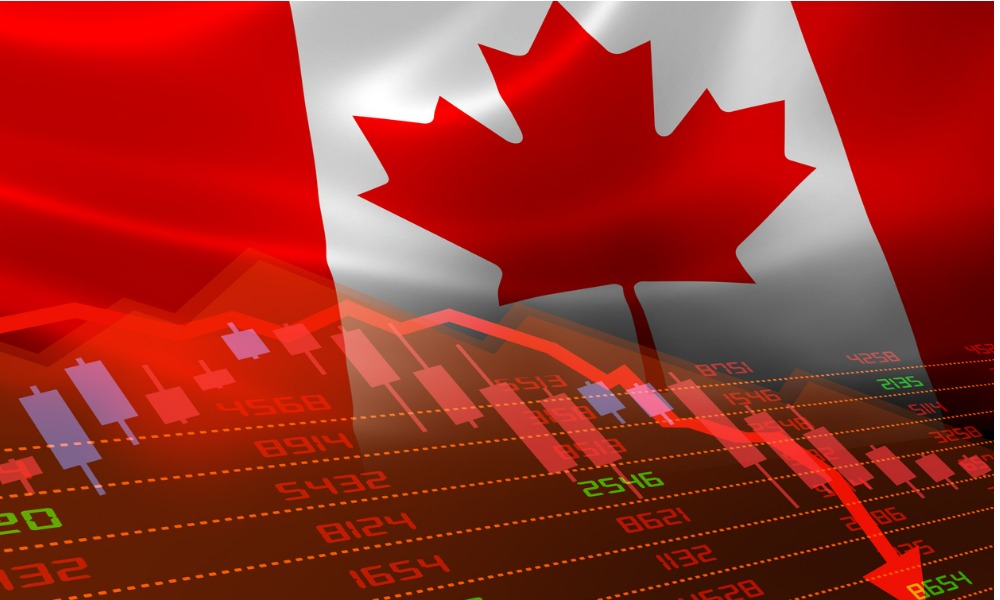Trump's tax bill could override Canada–US treaty and target CPP, trusts, and corporate dividends

Canadian investors could face a US withholding tax on dividends as high as 50 percent by 2026, according to BNN Bloomberg, if Donald Trump’s proposed “One Big Beautiful Bill Act” passes the Senate with Section 899 intact.
The section introduces retaliatory measures against countries imposing what the US defines as “unfair foreign taxes.”
As reported by the Financial Post, this includes digital services taxes (DSTs) and global minimum tax top-ups—both policies that Canada has adopted.
The proposed tax regime would override existing treaty protections and apply higher withholding rates of up to 30 percent on passive income, real estate gains, and business profits from US sources.
According to CTV National News, Canadian investor Derek McGregor said, “I would be losing close to six figures every single year if this new bill gets implemented.”
With 98 percent of his portfolio in US entities, McGregor warned that it “would make it nearly impossible to live the same lifestyle we’re living now.”
Crowe Soberman LLP tax partner Ali Spinner told BNN Bloomberg that “everyone, in some capacity, who is a retail investor should be concerned.”
Spinner said Canadians should “pay attention, but don’t panic,” and recommended discussing the potential impact with advisors, adding that the bill’s language could still change.
As per the Financial Post, Section 899 allows the US to impose retaliatory taxes on individuals and entities from so-called “discriminatory foreign countries” and would explicitly override the current Canada–US tax treaty.
The existing 15 percent withholding tax rate on US dividends for Canadian individuals would increase by five percent annually under the proposal, reaching 50 percent by January 1, 2026, unless the income is sheltered in retirement accounts like RRSPs.
The bill could also affect Canadian businesses and pension funds.
The Financial Post noted that Canadian corporations operating US subsidiaries, as well as tax-exempt pension entities such as the Canada Pension Plan, could face new tax liabilities.
There is currently no clear mechanism under Canadian law to issue additional foreign tax credits to prevent double taxation in this scenario.
Tensions stem in part from Canada’s newly enacted DST, which imposes a three percent levy on major tech companies such as Facebook.
As reported by the Financial Post, the US has opposed DSTs under both the Trump and Biden administrations, and the OECD-backed global minimum tax, which Canada supports, is also a point of contention.
The US views these measures as extraterritorial and aggressive tax policy.
According to CBC News, criticism of the bill has also come from Elon Musk, who recently left his role with the Trump administration.
Musk called the bill a “disgusting abomination” and a “massive, outrageous, pork-filled Congressional spending bill.” He warned it would “massively increase the already gigantic budget deficit to US$2.5tn.”
The Congressional Budget Office (CBO) projected that the bill would cut US$3.75 trillion in taxes while increasing the deficit by US$2.4tn over the next decade.
It also estimated that 10.9 million more people would be without health insurance by 2034, according to CBC News.
The bill narrowly passed the Republican-led US House of Representatives and faces Senate scrutiny. Trump has said he wants the bill passed by July 4, but experts expect challenges.
If Section 899 becomes law, the Financial Post warned that Canadian investment in the US could decline and future OECD tax cooperation could be strained.



